The Nigerian National Petroleum Company (NNPC) recently set a price range for Premium Motor Spirit (PMS) from the newly commissioned Dangote Refinery, with rates between N950 per litre in Lagos and N1,019 per litre in the northern parts of the country.
This move has raised serious questions about the transparency and fairness of fuel pricing in Nigeria, leading many to ask whether the new refinery’s benefits are truly reaching the average Nigerian. The NNPC’s price regime has drawn widespread criticism, sparking discussions about local fuel refining and government subsidies.
Join our WhatsApp ChannelNNPC’s Actions Raise Questions
For several months, Nigerians endured a scarcity of petrol, only for prices to be hiked from N600 to N840 per litre. This timing, which coincided with the impending launch of the Dangote Refinery, struck many as suspicious. “It seemed too convenient,” said one Lagos-based economist. “We had a scarcity issue, then a price hike, and suddenly Dangote’s Refinery starts operations. It raises eyebrows.”
The NNPC’s decision to raise prices so sharply just as a local refinery begins production appears to be more than a coincidence. The state oil company later followed up by announcing a price template for Dangote’s PMS, stating that it received the product at N898 per litre and would sell it to the public at prices as high as N1,019 per litre. This raised an important question: Why would locally refined petrol be priced so high when it doesn’t incur the same freight, insurance, and duties that imported fuel attracts?
Dangote Refinery Debunks NNPC’s Claim
To add fuel to the fire, Dangote Refinery, through its Chief Branding and Communications Officer, Anthony Chiejina, denied the NNPC’s claim. Chiejina described the NNPC’s statement as “both misleading and mischievous.” According to him, Dangote Refinery sold PMS to the NNPC at a price lower than what the NNPC had been paying for imported fuel.
“If we are providing locally refined petrol at a lower price than imported fuel, why are Nigerians being asked to pay even more?” Chiejina asked in a public statement. This contradiction leaves the public with more questions than answers and suggests that something deeper may be at play within the NNPC.
Where Is the Subsidy for Local Refineries?
The NNPC’s price announcement for Dangote’s petrol comes despite the fact that subsidies still apply to imported fuel. This raises the question: Why are local refineries, such as Dangote’s, excluded from the subsidy that is meant to absorb price shocks and keep transportation and goods affordable for the average Nigerian?
Before the recent price hik, the NNPC claimed that it was subsidising imported PMS with approximately N500 to N600 per litre. If that is the case, why shouldn’t the same subsidy apply to locally refined PMS? “It doesn’t make sense for the NNPC to create a situation where imported fuel is subsidised, but locally refined petrol is sold at an inflated price,” remarked a fuel station owner in Abuja. “The whole point of refining fuel locally was supposed to reduce costs, not keep them high.”
READ ALSO: Dangote Refinery Set To Boost Nigeria’s Economy By Over $400bn In Six Years- Report
The public expected the opening of the Dangote Refinery to bring relief, yet the NNPC’s actions seem to be working against this expectation.
The Fear of Market Exploitation
A strong suspicion is growing among Nigerians that the NNPC’s pricing strategy is an attempt to keep locally refined petrol almost as expensive as imported fuel. By doing this, the company may be ensuring that there is no price gap between the two, thus continuing a suspected pattern of exploitation through fuel importation.
“If the NNPC insists on keeping the prices of locally refined fuel as high as imported fuel, then where are the advantages we’ve been promised for decades about refining our own petrol?” a member of the National Assembly asked during a recent hearing on fuel prices.
This sentiment highlights a significant concern: If local refineries like Dangote’s can’t offer Nigerians relief from high prices, what was the point of building them?
NNPC’s Role Under Scrutiny
There is another pressing question: Is the NNPC acting outside the boundaries of the Petroleum Industry Act (PIA) signed into law in August 2021? The law was meant to overhaul Nigeria’s oil sector, but has it given the NNPC too much control over pricing? As the sole off-taker of products from private refineries like Dangote’s, is the NNPC abusing its position to dictate prices unfairly?
It is either the NNPC is operating outside the bounds of the law, or it is abusing the powers granted to it under the PIA. Either way, Nigerians are left to wonder whether private refineries, like Dangote’s, will ever solve the problems of fuel scarcity and high prices in the country.
What Happens Next?
The NNPC must provide a clear and logical explanation for its pricing strategy. Nigerians deserve transparency and accountability, especially in an era where government subsidies are still in play. Until then, the public remains skeptical of the promises of cheaper, locally refined petrol.
The hope that private refineries like Dangote’s would bring relief from high fuel prices is fading fast. If Nigeria’s oil sector continues on this path, the dream of affordable, locally refined petroleum products may remain just that—a dream.
Emmanuel Ochayi is a journalist. He is a graduate of the University of Lagos, School of first choice and the nations pride. Emmanuel is keen on exploring writing angles in different areas, including Business, climate change, politics, Education, and others.




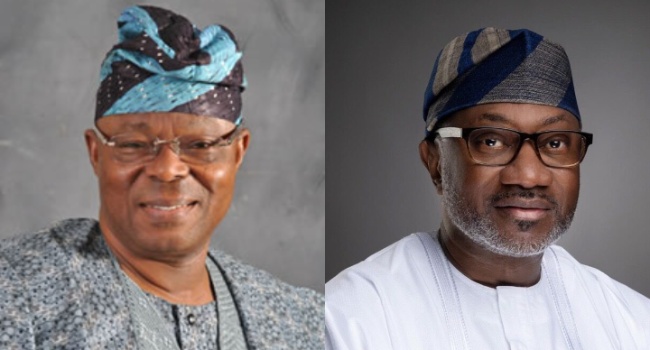
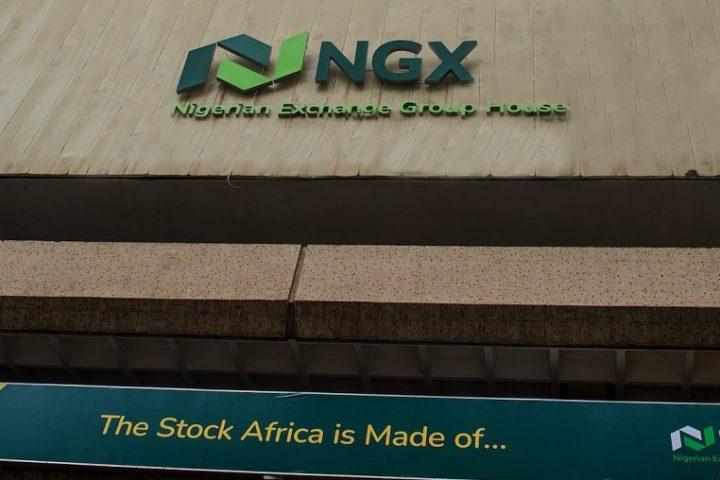


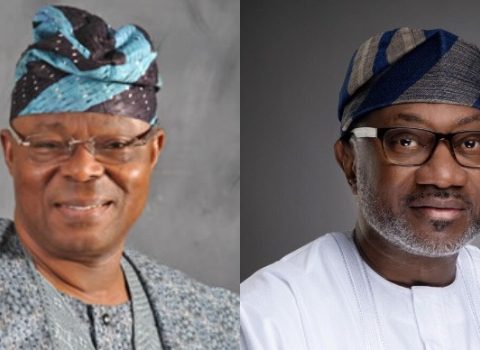
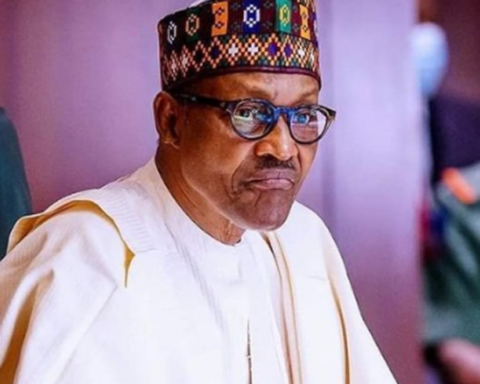






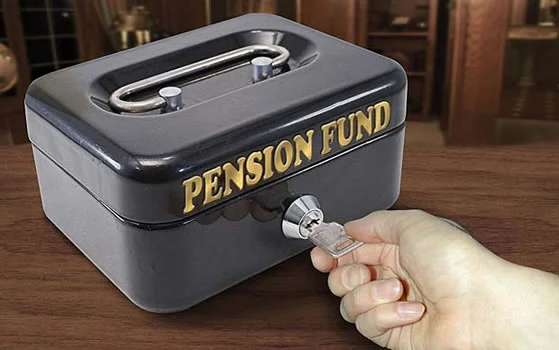


Follow Us